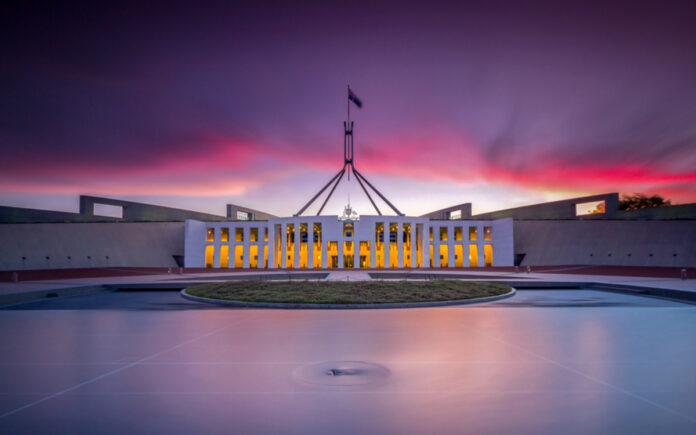Canberra: Australia’s longstanding conservative alliance has fractured, with the National Party officially breaking ties with its coalition partner of over six decades, the Liberal Party. The rupture comes on the heels of a crushing election defeat and growing policy rifts—particularly over renewable energy and rural priorities.
“It’s time to have a break,” Nationals leader David Littleproud told reporters on Tuesday, confirming the end of the coalition arrangement.
The decision follows a landmark victory for Prime Minister Anthony Albanese’s center-left Labor Party, which secured a historic second term in the May 3 national election. Voter discontent, particularly over policies linked to former U.S. President Donald Trump, played a significant role in Labor’s sweeping success.
The Liberal-National coalition, a bedrock of Australian politics for decades, traditionally operated as a joint force in both state and federal governments. The Liberals have historically dominated urban constituencies, while the Nationals have represented regional and rural communities. However, Littleproud signaled a decisive break in that partnership.
“We will not be re-entering a coalition agreement with the Liberal Party after this election,” he said, citing key policy disagreements.
Newly elected Liberal leader Sussan Ley, who assumed leadership just last week following Peter Dutton’s defeat, expressed regret over the Nationals’ decision. She acknowledged that negotiations had taken place, but specific commitments sought by the Nationals could not be finalized.
“As the largest non-government political party, the Liberals will form the official opposition,” Ley stated.
The Liberal Party suffered a historic defeat, retaining only 28 of the 150 seats in the House of Representatives—its lowest count on record. In contrast, Labor surged from 77 to 94 seats, securing the largest majority in modern Australian electoral history. The Nationals held steady with 15 seats.
The Liberals also lost key metropolitan electorates to progressive independents advocating for stronger climate action and gender equality reforms.
Ley, a former outback pilot with three finance degrees, became the first woman to lead the Liberal Party. Her leadership marks a new era for the party as it grapples with internal challenges and electoral losses.
“She is a leader that needs to rebuild the Liberal Party, they are going on a journey of rediscovery and this will provide them the opportunity to do that,” Littleproud said.
Despite the current separation, Littleproud emphasized that the Nationals remain open to future coalition discussions before the next federal election. However, he underlined the party’s unwavering commitment to rural Australia.
Among the key issues behind the split was the Nationals’ push to continue advocating for nuclear energy—a policy not backed by the Liberals under Ley’s leadership. They also demanded regulatory action to curb the dominance of large supermarket chains and called for improved telecommunications infrastructure in remote areas.
Also Read | Waymo to Expand Robotaxi Service to San Jose and Beyond with California Nod
While Australia possesses the world’s largest uranium reserves, it maintains a national ban on nuclear power.
Littleproud reiterated the need for nuclear energy as a reliable supplement to renewables, arguing that the current transition away from coal under the Labor government lacks stability.
Wind turbines, he said, “are tearing up our landscape, they are tearing up your food security.”
Also Read | Foxconn Expands India Footprint with $1.5 Billion Capital Infusion
Michael Guerin, CEO of AgForce, a farmers’ advocacy group in Queensland, echoed concerns over deepening urban-rural divisions.
“Perhaps we’re seeing that in the political forum,” he said, adding that both parties needed to undergo a period of reflection and rebuilding.
Treasurer Jim Chalmers of the Labor Party described the coalition split as a “nuclear meltdown” and took a swipe at the diminished Liberal presence in parliament, suggesting it was now only marginally larger than the 12-member crossbench of independents and minor parties.



